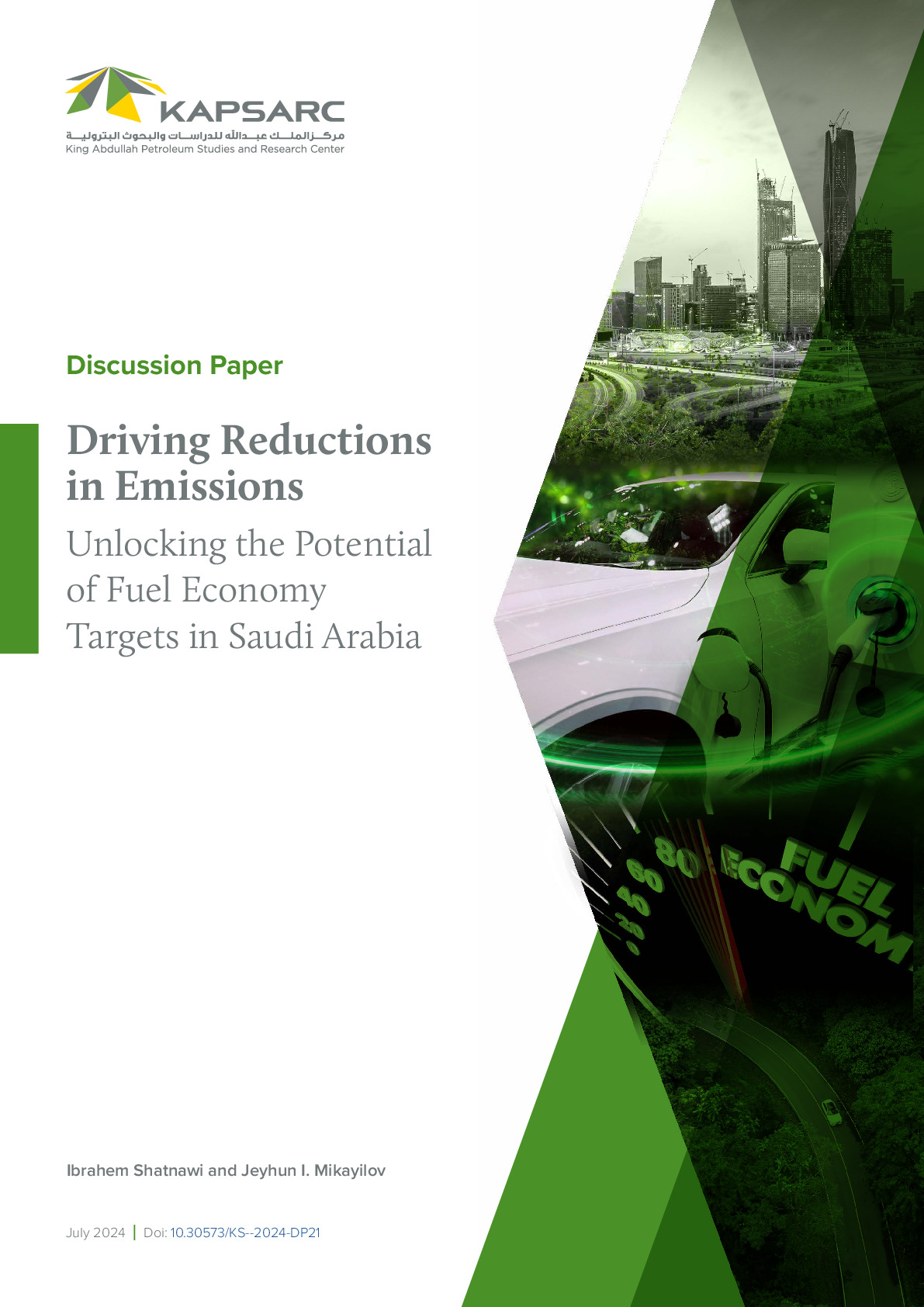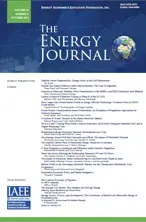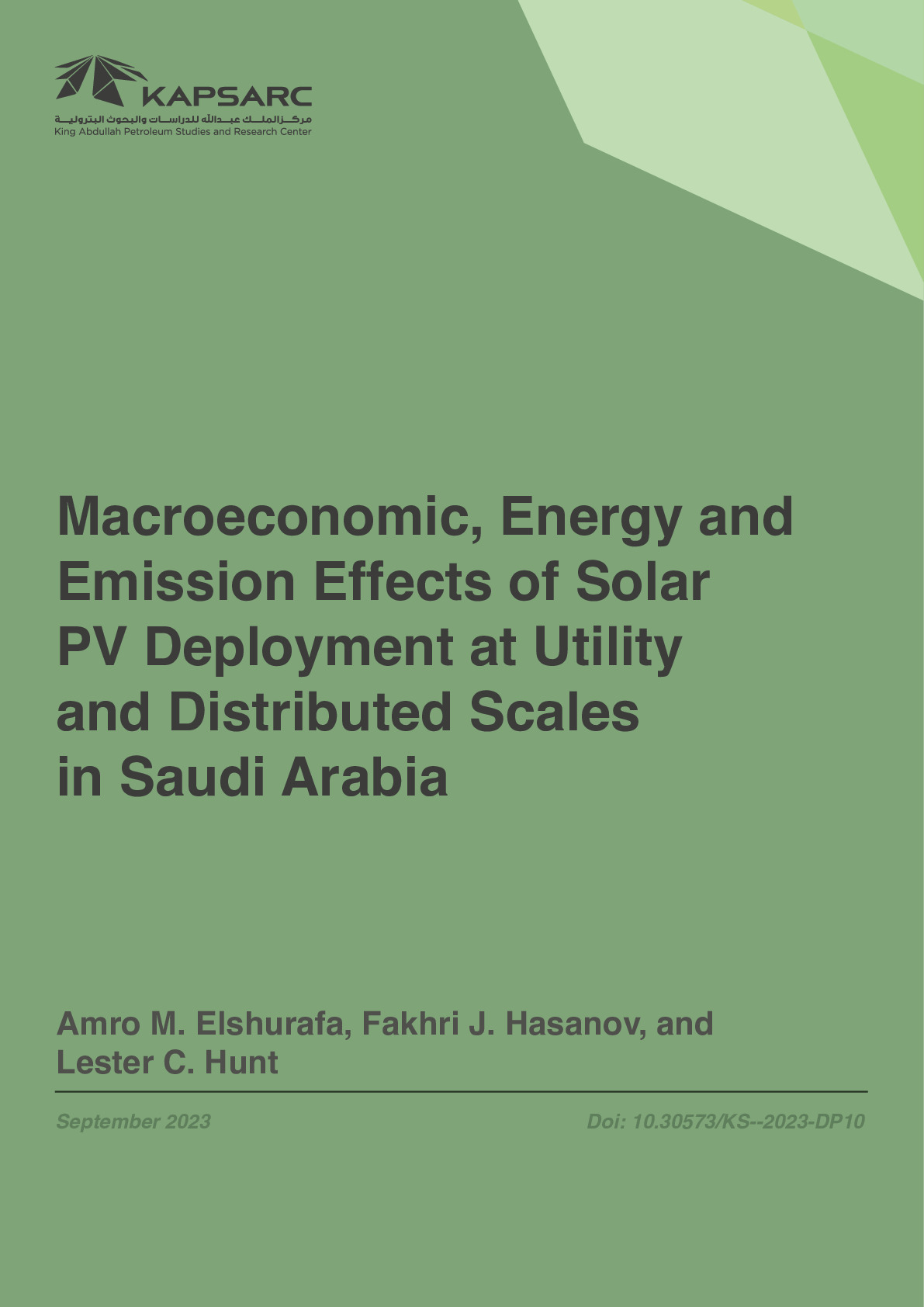This paper contributes to the environmental literature by (i) demonstrating that the estimated coefficients and the statistical significance of the non-leading terms in quadratic, cubic, and quartic logarithmic environmental Kuznets curve (EKC) specifications are arbitrary and should therefore not be used to choose the preferred specification and (ii) detailing a proposed general-to-specific type methodology for choosing the appropriate specifications when attempting to estimate higher-order polynomials such as cubic and quartic logarithmic EKC relationships. Testing for the existence and shape of the well-known EKC phenomenon is a hot topic in the environmental economics literature. The conventional approach widely employs quadratic and cubic specifications and more recently also the quartic specification, where the variables are in logarithmic form. However, it is important that researchers understand whether the estimated EKC coefficients, turning points, and elasticities are statistically acceptable, economically interpretable, and comparable. In addition, it is vital that researchers have a clear structured non-arbitrary methodology for determining the preferred specification and hence shape of the estimated EKC. We therefore show mathematically and empirically the arbitrary nature of estimated non-leading coefficients in quadratic, cubic, and quartic logarithmic EKC specifications, being dependent upon the units of measurement chosen for the independent variables (e.g. dependent upon a rescaling of the variables such as moving from $m to $bn). Consequently, the practice followed in many previously papers, whereby the estimates of the non-leading terms are used in the decision to choose the preferred specification of an estimated EKC relationship, is incorrect and should not be followed since it potentially could lead to misleading conclusions. Instead, it should be based upon the sign and statistical significance of the estimated coefficients of the leading terms, the location of turning point(s), and the sign and statistical significance of the estimated elasticities. Furthermore, we suggest that researchers should follow a proposed general-to-specific type methodology for choosing the appropriate order of polynomials when attempting to estimate higher-order polynomial logarithmic EKCs.

Senior Fellow I
Fakhri Hasanov is a senior fellow and leads the KAPSARC Global Energy Macroeconometric Model projects with 20+ years of experience…
Fakhri Hasanov is a senior fellow and leads the KAPSARC Global Energy Macroeconometric Model projects with 20+ years of experience in econometric modeling and forecasting. Since 2015, he has been involved in multistakeholder projects, leading and executing macroeconomic analysis of various policy choices and initiatives (e.g., energy prices, energy demand, and fiscal reforms) for the Kingdom’s economy. He has extensive experience working with policymakers. Prior to KAPSARC, he was a post-doc at George Washington University. His research mainly covers macro-econometric modeling for energy and environmental economics policy analyses. Dr. Hasanov has authored 50+ applied studies published in reputable journals such as Energy Policy, Energy Economics, Empirical Economics, and Energy Strategy Review. His research is recognized internationally (e.g., he is listed among the top 2% of scientists globally by Elsevier). Fakhri is an editorial board member of various peer-reviewed journals, such as Frontiers in Environmental Science. He holds a Ph.D. in econometrics.
Expertise
- Econometric modeling and forecasting
- Time series and panel data econometrics
- Macroeconometric models for policy analyses
- Energy economics
- Environmental economics.
Publications See all Fakhri Hasanov’s publications
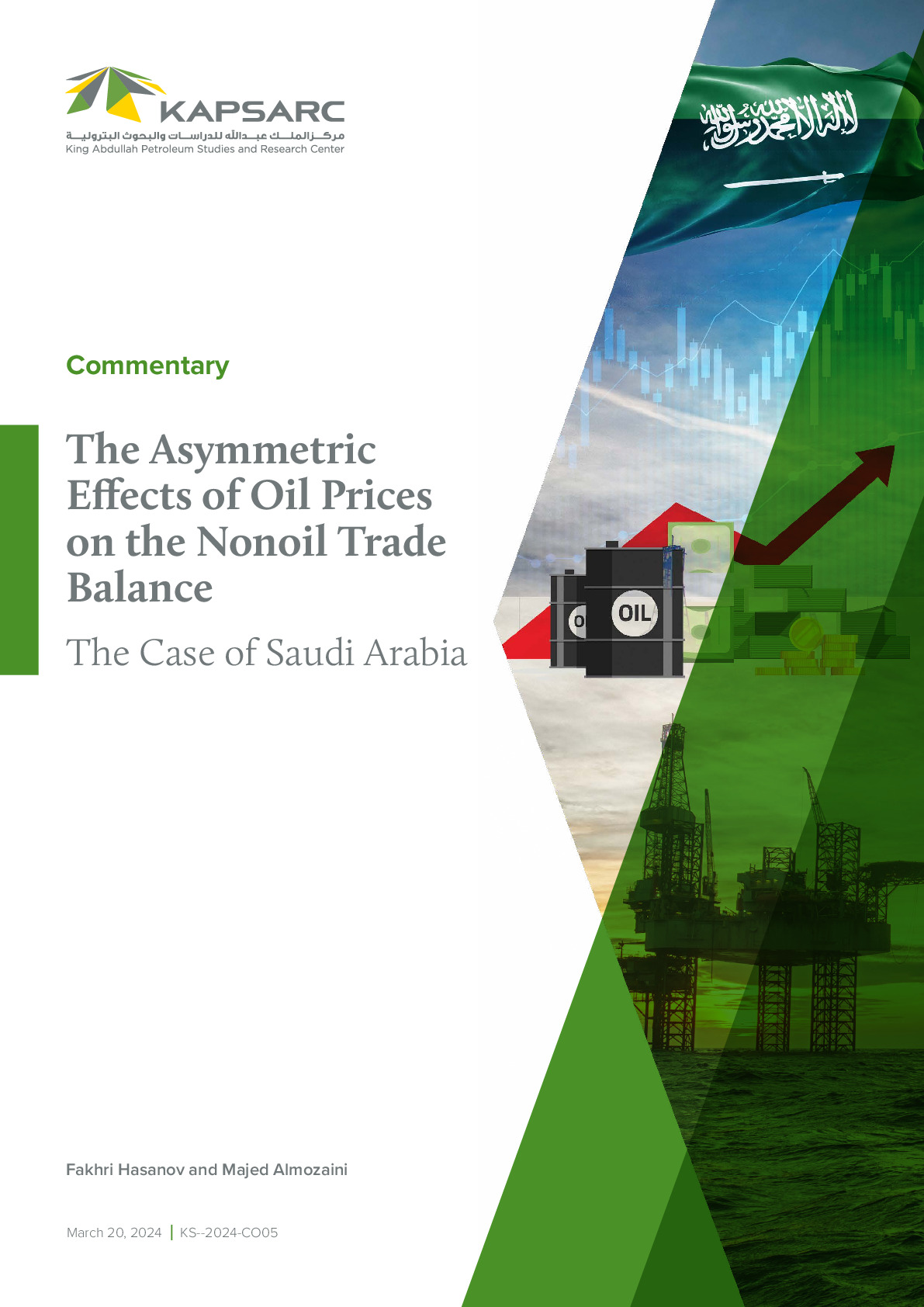
The Asymmetric Effects of Oil Prices on the Nonoil Trade Balance: The Case of Saudi Arabia
This paper contributes to the environmental literature by (i) demonstrating that the estimated coefficients and…
21st March 2024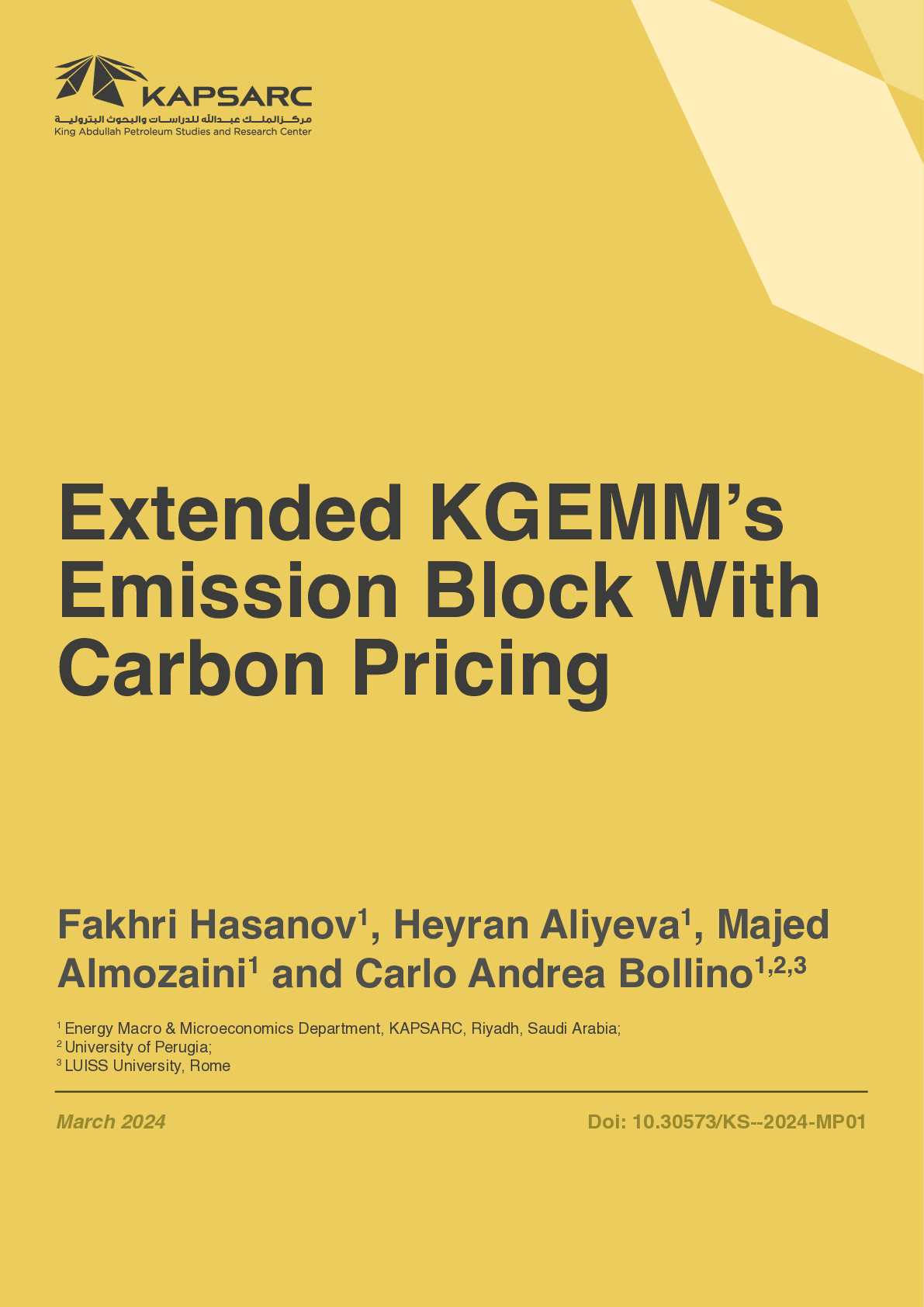
Extended KGEMM’s Emission Block With Carbon Pricing
This paper contributes to the environmental literature by (i) demonstrating that the estimated coefficients and…
12th March 2024

